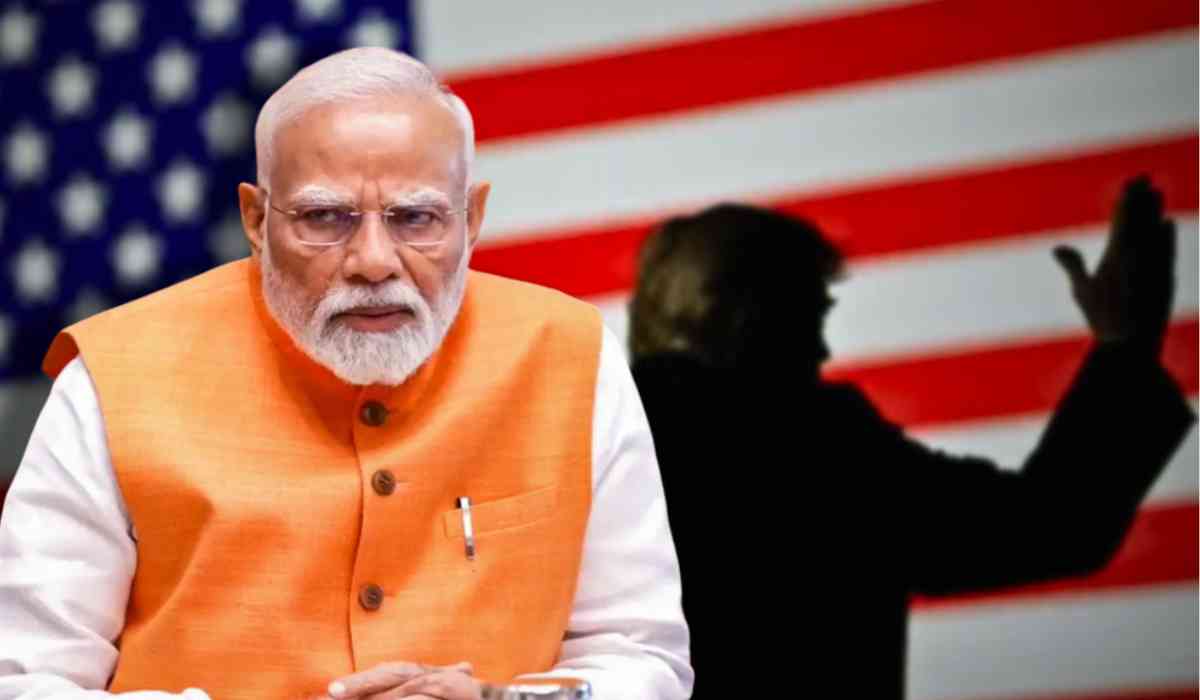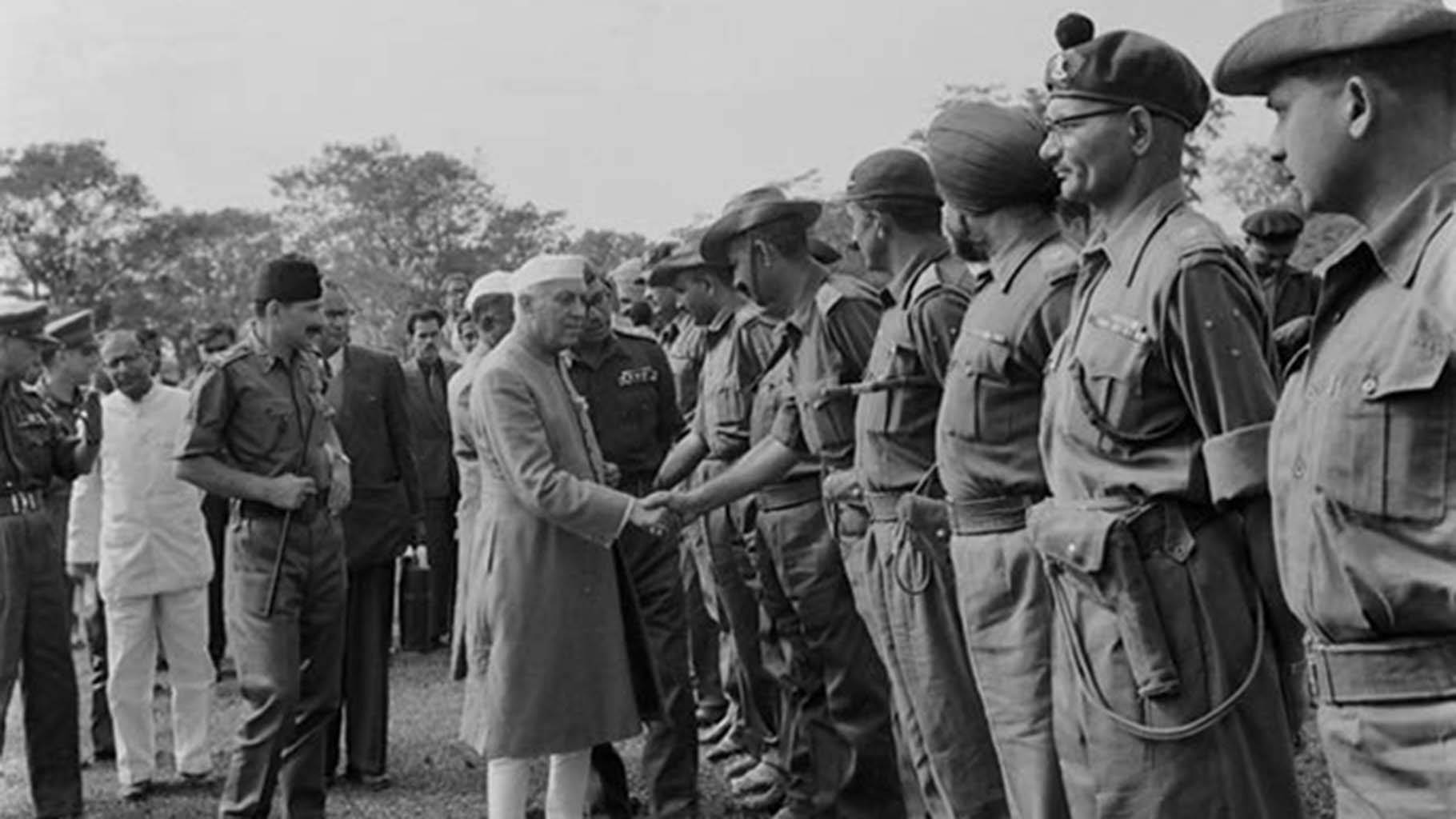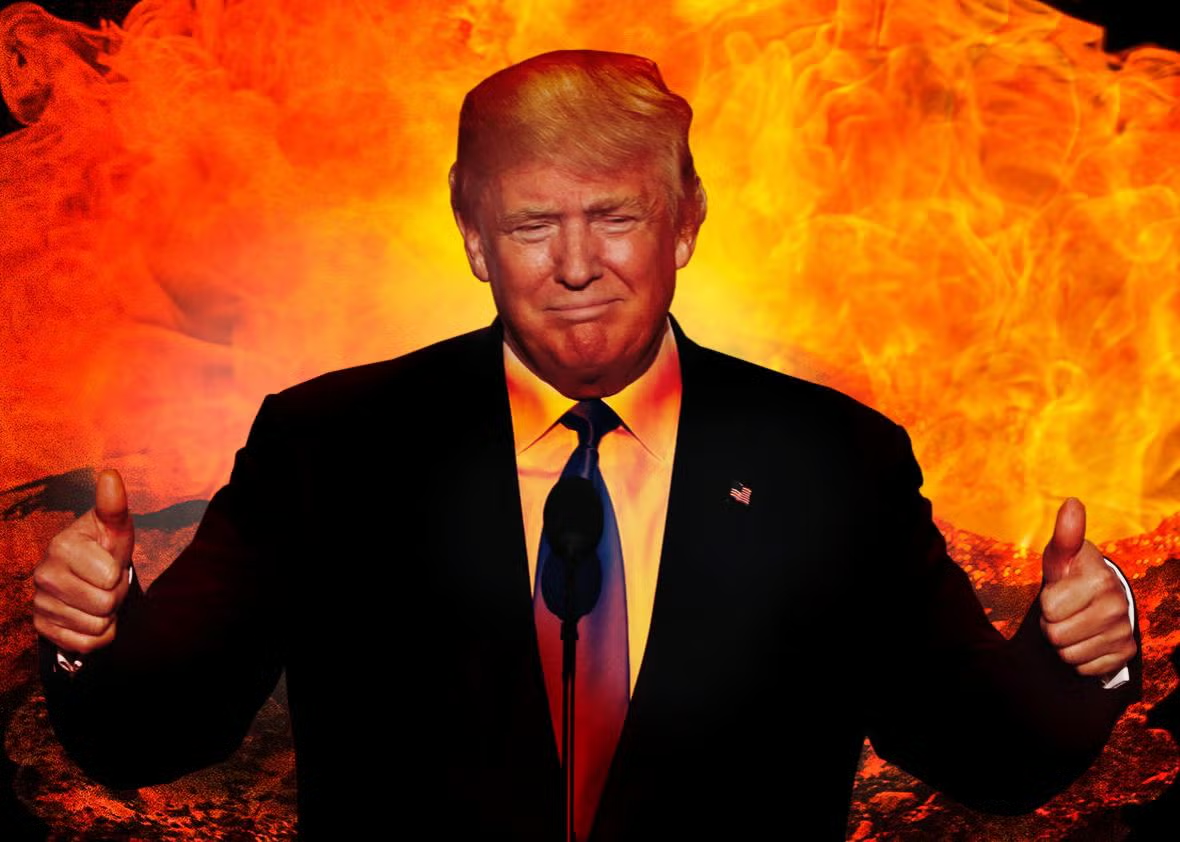In today’s fast-changing world, the question “Why does India seek American validation?” often comes up in public discussions and social media debates. With India’s rise as an economic and diplomatic power, many people wonder: Can India truly stand on its own, or does it still need approval from America and other major countries? The answer is not simple, but it reveals much about global politics, national pride, and practical realities.
_1752822375.webp)
Why Do People Talk About “American Validation”?
American validation means looking for approval or acknowledgment from the United States. For some in India, having the U.S. recognize India’s achievements, stance, or potential feels important. This could be in areas like defense partnerships, technological cooperation, or diplomatic support in international organizations.
Some reasons why this validation is considered important:
-
Economic Partnerships: The U.S. is one of India’s largest trading partners and a major source of investment and technology.
-
Strategic Security: India faces complex security challenges from neighboring countries. Cooperation with America, which has advanced military technology, is often seen as crucial for balancing regional threats.
-
Global Leadership: The U.S. holds significant influence in world affairs. Its support can boost India’s chances in multilateral forums and help project Indian interests globally.
-
Perception and Prestige: For decades, global narratives have often centered on Western viewpoints. Recognition from America is sometimes equated with international legitimacy or success.
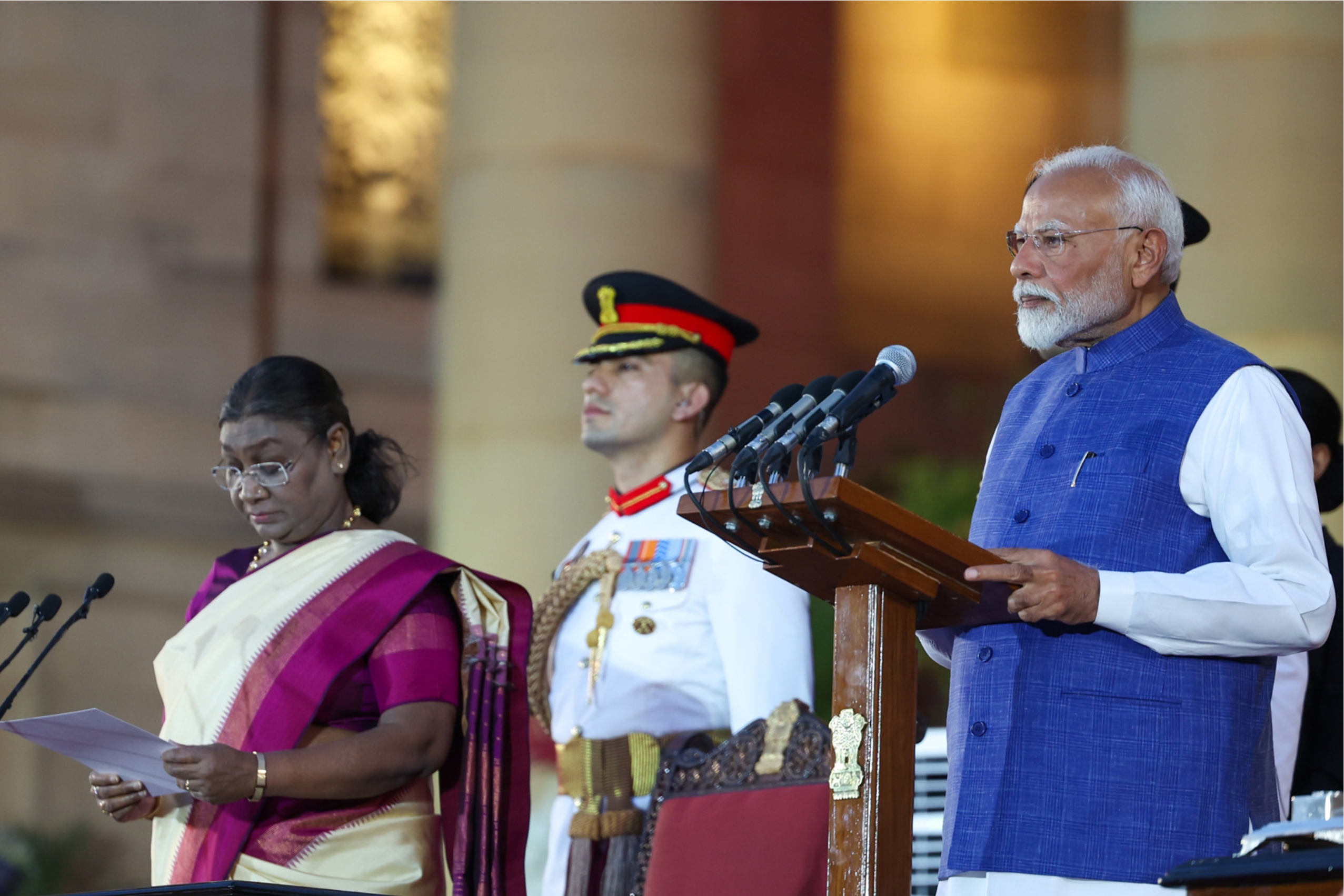
Recent Trends: Is India Really Dependent?
India’s government insists that its foreign policy is guided by strategic autonomy—which means making independent decisions that serve national interests first. In recent years, India has:
-
Maintained balanced ties with both the West (U.S., Europe) and traditional partners like Russia, even during global crises such as the Russia-Ukraine conflict.
-
Refused to simply follow Western pressure on matters such as energy imports, instead acting based on practical national needs (for example, buying oil from Russia when it’s cheaper).
-
Campaigned for reforms in international organizations so that countries like India have a bigger voice.
-
Launched initiatives like settling international trade in rupees instead of relying only on the U.S. dollar, signaling a desire for economic sovereignty.
Yet, despite these signs of independence, the reality is more complicated. India seeks friendly relations and support from many global powers, including America, not just for validation, but for practical benefits like trade, technological know-how, and security cooperation.
The History Behind the “Validation” Question
Some experts say the colonial past and decades of under-recognition on the global stage have made India especially sensitive to how the West (especially the U.S.) views it. During the Cold War and until the 1990s, India largely went its own way. But as India opened its economy and became more globally connected, Western partnerships became more important.
Also, the global news system and international politics often revolve around Western priorities and definitions of “success.” This sometimes pushes countries like India to seek validation from the West to ensure their achievements are noticed and respected.
The Case for True Independence
Critics of this need for external validation argue that India should set its own standards for success and project confidence. They point out that India:
-
Is the world’s most populous democracy and a fast-growing major economy.
-
Has made big breakthroughs in technology, space, and digital infrastructure.
-
Leads key global conversations on climate change, digital governance, and South-South cooperation.
-
Is increasingly a “rule-maker” instead of just a “rule-taker” in international forums.
Indian diplomats often emphasize that the country’s core diplomatic principle is “India First.” Strategic partnerships—including with the U.S.—are formed to support Indian interests, not out of a need for validation.
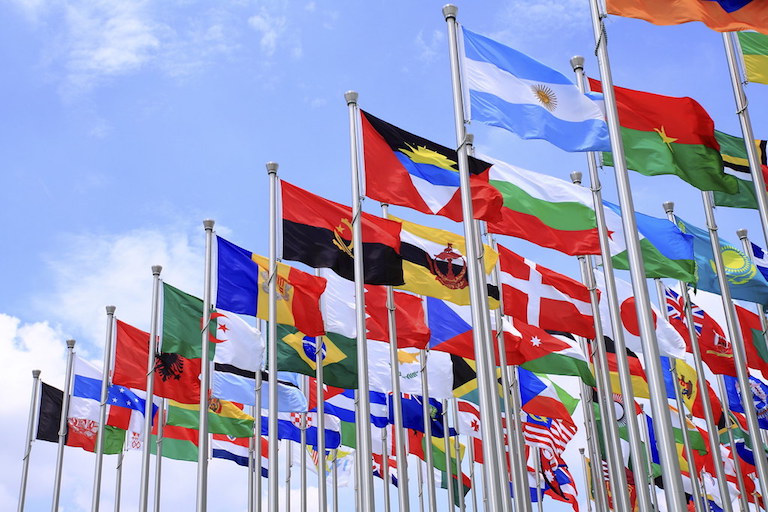
What Do People Say?
Opinions in India are divided:
-
Some believe strong U.S.-India ties are essential in a dangerous world, and that building alliances is different from seeking “approval.”
-
Others feel India’s true strength will show when it shapes global trends on its own terms—whether or not America agrees.
-
Many young Indians want the country to be confident, innovative, and globally respected—without always looking over its shoulder or chasing headlines in Western media.
The Road Ahead
The world in 2025 is more complicated and competitive than ever. New alliances form, old partnerships shift, and economic uncertainties linger. As India steps forward, most experts agree it should stay true to its independent path—making friends and strategic deals in many directions, but not at the cost of its own voice or dignity.
Whether or not India needs “American validation” is a question that will keep coming back. More than the answer, what matters is that India keeps building strength across economy, technology, defense, and global leadership. As one foreign policy expert said, the country’s biggest validation should come from the well-being and respect of its own people.
In a world where influence is earned and not given, India is learning to stand its ground—proud, prepared, and ready to shape its own story.
With inputs from agencies
Image Source: Multiple agencies
© Copyright 2025. All Rights Reserved Powered by Vygr Media.

